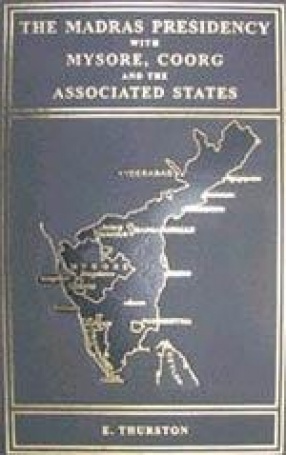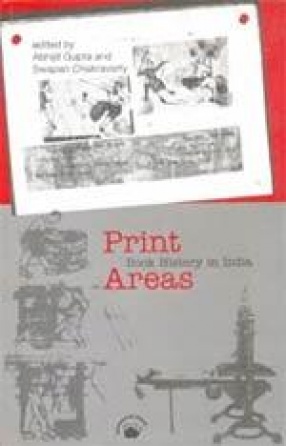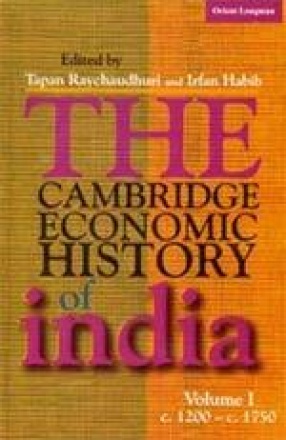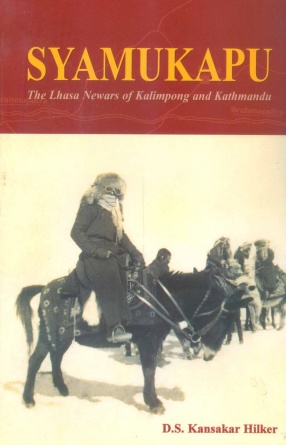The Madras Presidency With Mysore, Coorg and the Associated States
Synopsis
The casual visitor to India, who limits his observations of the country to the all-too-short cool season, is so impressed by the contrast between Indian life and that with which he has been previously acquainted that he seldom realises the great local diversity of language and ethnology. This local variety, however, receives expression even in the forms of administration; for the success of the British rule in India is largely due to the fact that the early ad ministrators adopted the local systems of government and moulded them gradually according to the lessons of experience. And this was because the British occupation was that of a trading company of which the present Government of India is a lineal descendant-a fact too often apparently overlooked in the modern administration of the country. The recent enlargement of the functions of the Local Governments, and more complete management of local affairs, with the formation of Executive, and extension of the Legislative, Councils, all tend to direct more intensely the people's thoughts to the affairs of their own provinces. It is hoped that these Provincial Geographies will in some way reflect this growing tendency to develop special provincial atmospheres, and with this object in view endeavours have been made to select as authors those who, besides having an accurate and detailed knowledge of each area treated, are able to give a broad view of its features with a personal touch that is beyond the power of the mere compiler. Among the "provinces" the Madras Presidency has above ail developed an individuality of its own-advanced in education through early missionary effort, free of frontier worries, comparatively homogeneous in ethnic composition, and sufficiently unknown to the Central Government to escape undue interference, its officials and its people are distinctly "Madrassi," and are rightly proud to be so. No geographical unit could more appropriately be selected to initiate this series, and everyone who knows the Senior Presidency will recognise the pre-eminent fitness of Mr Edgar Thurston to give a true picture of South India. As Superintendent of the Madras Museum for 25 years, he sampled every form of natural product in the south. As Superintendent for many years of the Ethnographic Survey, he travelled through every district and obtained an intimate acquaintance with the people, his numerous publications on Ethnography being summed up in his encyclopaedic work on the Castes and Tribes of Southern India. Old friends, whose number cannot be counted, will recognise Mr Thurston's touch throughout the book : No one else could so readily recall an appropriate story or legend to add to the human interest of nearly every place mentioned; many of those whose interests are more human than geographical will read the book merely because of the Author's personality. Nothing better could be said of it, and no better recommendation could be offered to those who have not had the privilege of knowing Mr Thurston personally.
Read more
27.00
24.3
$
30.00 $
Free delivery Wolrdwidе in 10-18 days
Ships in 1-2 days from New Delhi
Membership for 1 Year $35.00
Get it now and save 10%
Get it now and save 10%
BECOME A MEMBER







Bibliographic information